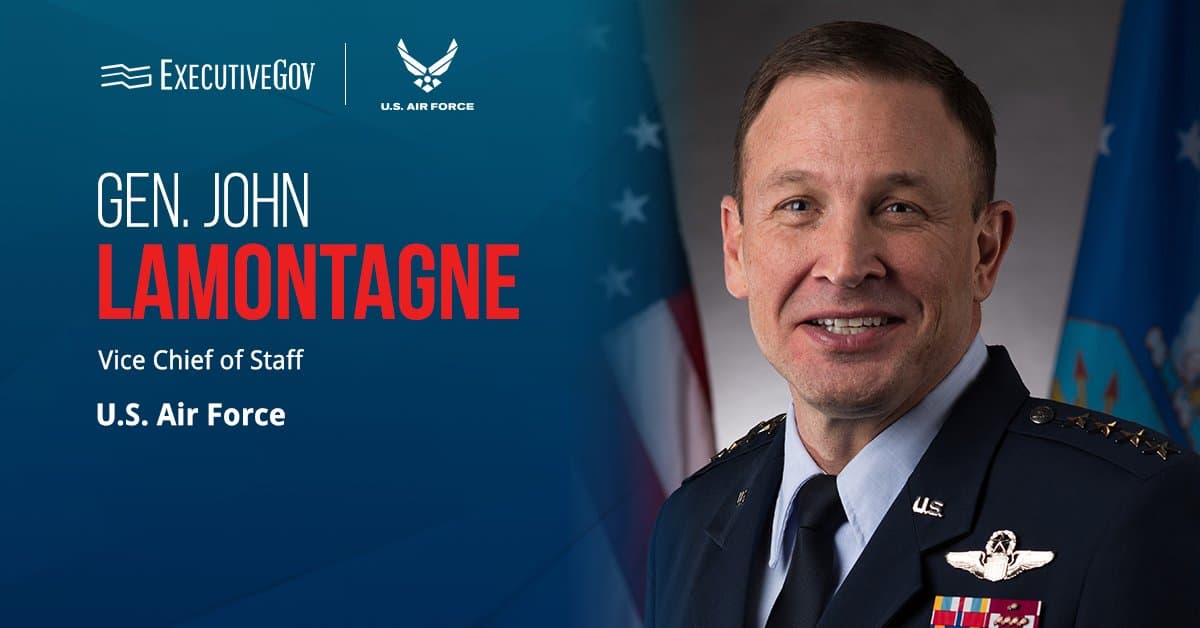
Anil Cheriyan, director of the General Services Administration’s Technology Transformation Service, said GSA considers forming new core areas related to robotic process automation and identity management as part of the Centers of Excellence program to better facilitate operations, FCW reported Wednesday.
“We’re building new capabilities with robotics process automation. RPA with [artificial intelligence] looped into it is something that in my experience has worked in the private sector, particularly in the financial sector,†he said at an event Wednesday.
Cheriyan said the agency also plans to combine contact center and customer experience areas to form an “omnichannel experience” area as well as merge data center modernization with cloud adoption area. “You can’t do one without the other,†he added.





